Meet EGLE's interns
As part of National Intern Day, MI Environment looks at the first student cohort of interns at the Michigan Department of Environment, Great Lakes, and Energy (EGLE).
EGLE last year revamped and redeveloped its internship program. The focus of the new internship program is to create a meaningful learning experience for students and provide them with a real-world view of the work that EGLE does.
Having the students in a cohort allows for a more cohesive experience for the students, notes Cindy Whittum, EGLE's recruitment and internship specialist.
“Keeping the program to a summer only structure allows EGLE staff time throughout the year to create meaningful projects that support and enhance students’ academic programs and goals,” she said. “The new internship structure also helps EGLE to better leverage this young talent that brings with them fresh perspectives, new ideas and the opportunities to experience EGLE as a potential future employer.”
EGLE has 16 interns working across five divisions, with the goal of increasing the number of interns moving forward. The Environmental Support Division’s recruitment and internship team is preparing for summer 2025 with the call for internship projects going out to all EGLE staff in late August/early September.
Meet the EGLE interns:
Melissa Arreola
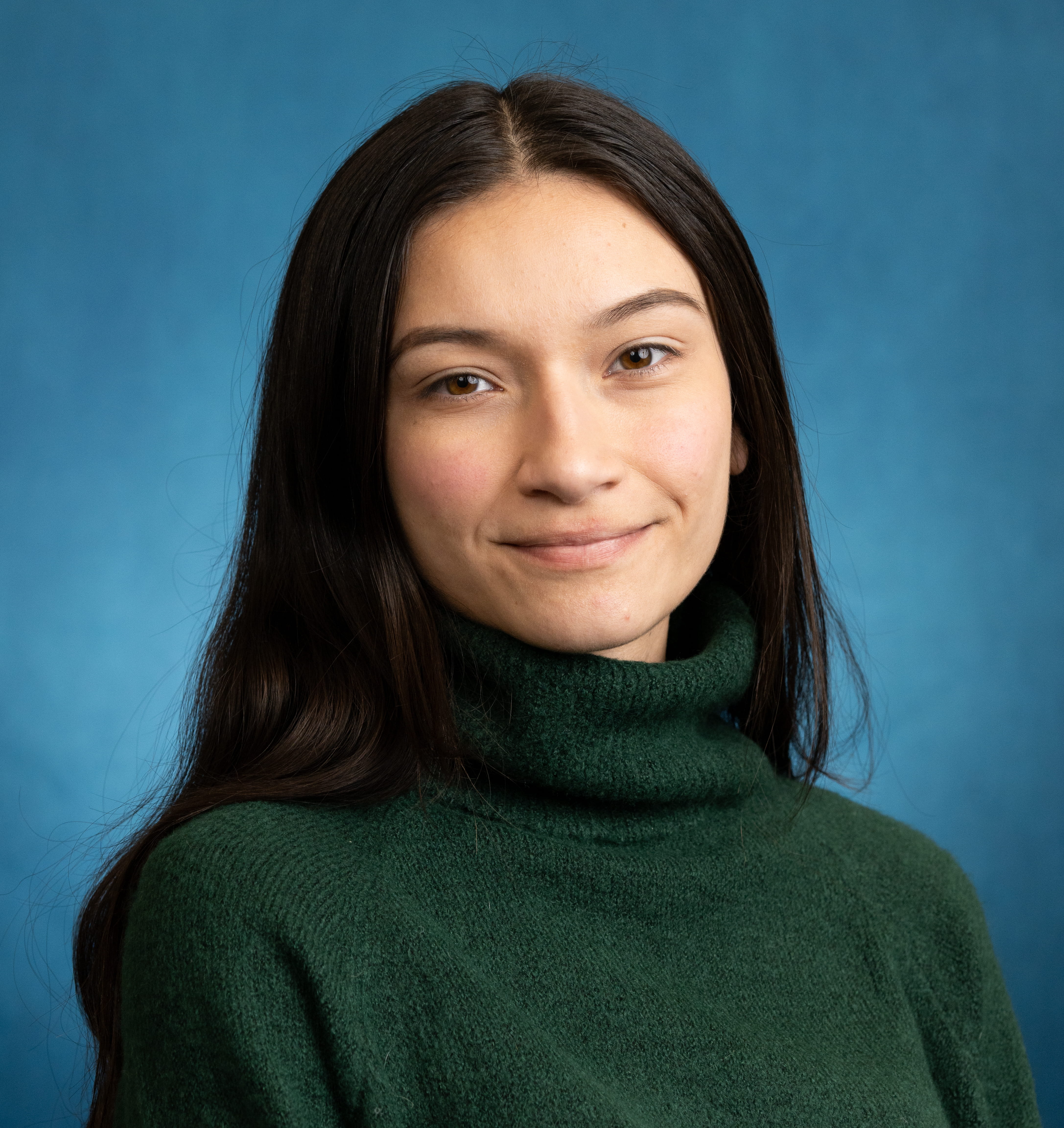
University: University of Michigan, Ann Arbor
Major: Earth and Environmental Sciences
Division: Water Resources Division
What project(s) are you working on? I am conducting a literature review on copper usage to treat algae, aquatic invasive species, and nuisance plants, including researching copper accumulation and bioavailability in sediments. I am also researching and conducting a literature review on drivers of harmful algal blooms (HABs), HABs habitat quality, why waterbodies switch from plant-dominated to algae-dominated systems, the relationship between herbicide treatment and the frequency/occurrence of algal blooms, and whether algal blooms compete with macrophytes.
How will this internship help you get started on your career path? This internship is preparing me for my career goal to work for a regulatory agency. Working within the Permits Section of the Water Resources Division allows me to learn about environmental management, compliance, and what it is like to work in public service. I am gaining invaluable experience by building my research and environmental management skills to explore important questions for improving Michigan’s water quality, all while building great relationships at EGLE.
Shahzeb Arshad
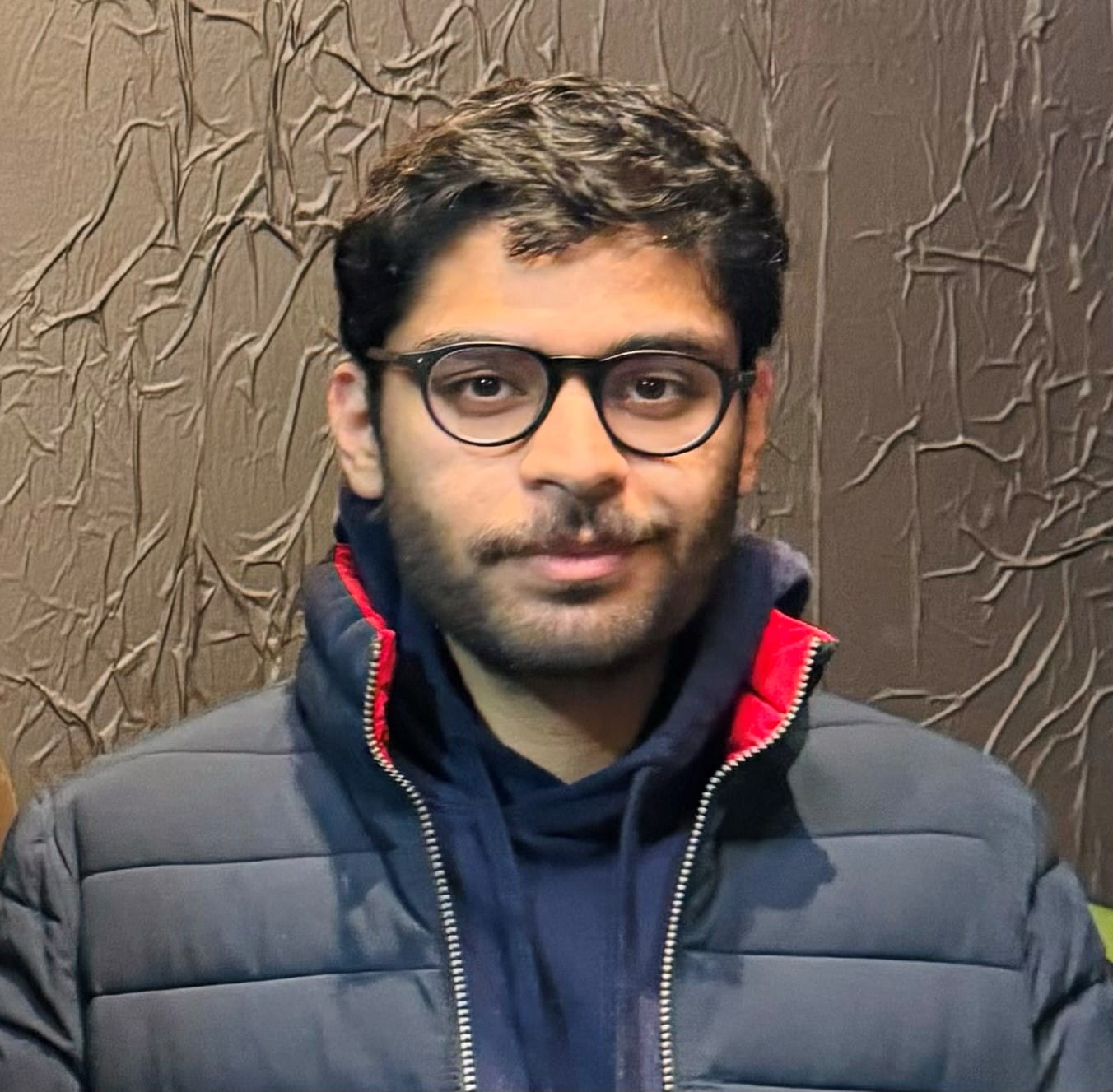
University: Western Michigan University
Major: BSE Chemical Engineering
Division: Water Resources Division
Project: I am working with the Storm Water Permits Unit on evaluating runoff treatment performance of manufactured treatment devices in removing suspended particles of varied size distributions. Additionally, this project has a focus on developing a resource with information and guidelines about testing, evaluation, and certification procedures for runoff treatment technologies at municipal, state, regional, and national levels.
How will this internship help you? This internship has been a great learning experience, offering insights into stormwater runoff regulations, permit writing, compliance testing and monitoring procedures. In addition, it has been a window into the kind of thinking involved in promoting environmental conservation for projects while considering the interests of all stakeholders. This experience would be a vital steppingstone as I begin my career as an environmental engineer.
Patrick Brennan
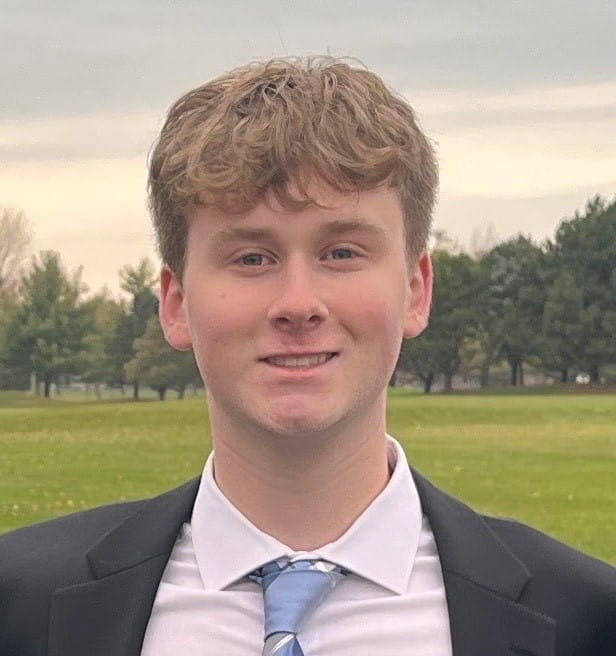
University: Michigan State University
Major: Biosystems Engineering, Concentration in Bioenergy
Division: Drinking Water and Environmental Health Division - Emerging Contaminants Unit
Project: I am currently developing a research paper on the major and most toxic emerging contaminants in the drinking water system. Although I am mainly focused on Endocrine Disruptor and Pharmaceutical Toxicology right now, I will acknowledge other contaminants such as: 1-4 Dioxane, Microplastics, PFAS, and many more. Ultimately, I hope to provide enough toxicological data, so that my friends here at EGLE can start to develop mitigation/treatment strategies, as well as to teach others the health risks of said contaminants.
How will this internship help you? Interning at EGLE is a significant step toward building my career in the environmental science and engineering field. This experience is invaluable for establishing professional connections and gaining practical skills. I have already learned a great deal from my team, emphasizing the importance of collaboration and ensuring we are all aligned on our goals. Additionally, using/learning technical skills such as navigating department databases, analyzing well-logs, and using tools like Microsoft Teams and Microsoft Excel has been crucial.
Leanne Charmley
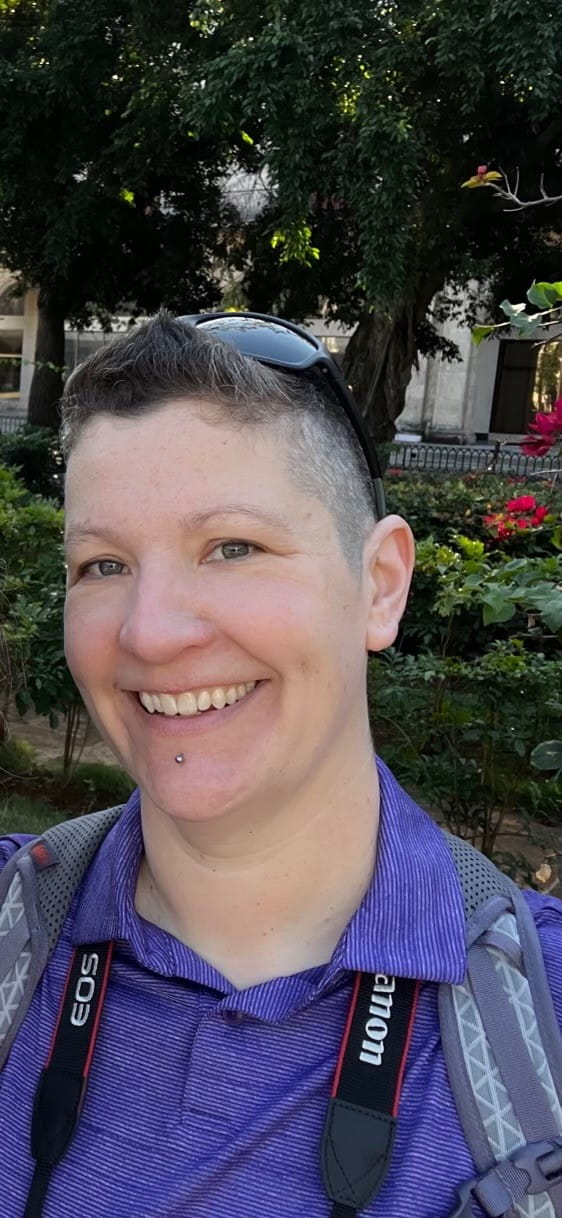
University: Oregon State University
Major: Fisheries, Wildlife, and Conservation Science
Division: Drinking Water and Environmental Health Division, Emerging Contaminants Unit (ECU)
Project(s): Little Traverse Bay Head Start PFAS Pilot Program
How will this internship help you? This internship gives me the opportunity to learn state regulations regarding environmental quality. The internship is also a great way to meet professionals working in the field and to see how different divisions work together.
Benjamin Cusenza
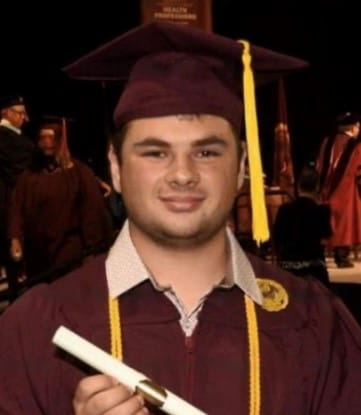
University: Central Michigan University
Major: Environmental Science
Division: Industrial Stormwater Unit, Water Resources Division, Warren District Office
Projects: My main project is working through a list of expired no exposure certifications (NEC), a certification given to businesses in regulated industries that gives them an exemption from our permitting program, on the basis that their industrial processes are not exposed to stormwater. My goal is to either close out the NEC, renew it, or assist my supervisor’s in elevating it into a permit.
How will this internship help you? Working for the state government has always been an interest of mine. During this internship, I have been able to learn what it is like to be an employee of a regulatory agency. I believe that this experience will provide me with important skills relevant to any job in the environmental science field.
Avery Edwards
University: Grand Valley State University
Major: Environmental and Sustainability Studies
Division: Redevelopment & Remediation, Brownfield Redevelopment
Projects: Spreadsheets, lot of spreadsheets! More specifically, updating the public page with the most recent photos of the work done by the Brownfield Redevelopment unit. Another project I am focusing on is looking at what has historically happened at sites that have received funding from EGLE throughout the years.
How will this internship help you? The internship is a great opportunity to build connections with people and get hands on experience on how complex environmental issues are tackled.
Jacob Evink
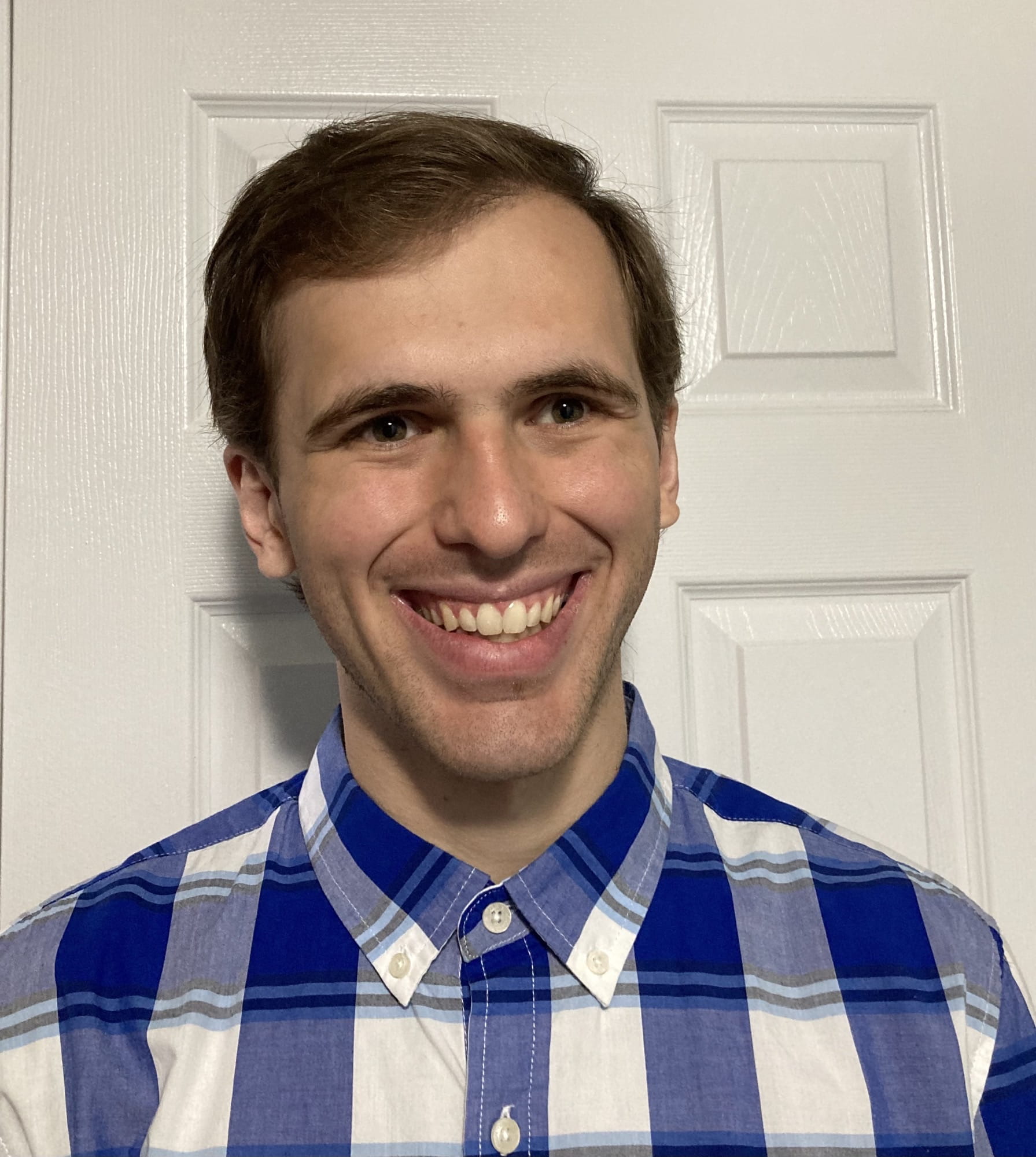
University: Central Michigan University
Major: Geology
Division: Michigan PFAS Action Response Team (MPART)
Project(s): I am working on PFAS contamination sites and researching the probability of PFAS use in an industrial setting.
How will this internship help you? This internship is helping me practice the skills and techniques I will need to know in my future career while establishing connections with staff who are currently working for the state.
Peggy Ferguson
University: University of Michigan
Major: Sustainable Systems and Mechanical Engineering
Division: Drinking Water and Environmental Health Division, Emerging Contaminants Unit
Project(s): I am working on a predictive model for Harmful Algae Blooms (HABs) that can be used to inform when and where we may see future blooms in advance.
How will this internship help you?
This internship is helping me learn more about predictive models and data analysis which allows for me to couple sustainability with quantitative methods which is of great interest to me. I also feel extremely lucky to work with people who have been in the field for several years and in an area that is so focused on conservation of the Great Lakes. I know my work with EGLE will foster great conversations moving forward and show my passion for the field.
Travess Frisbey
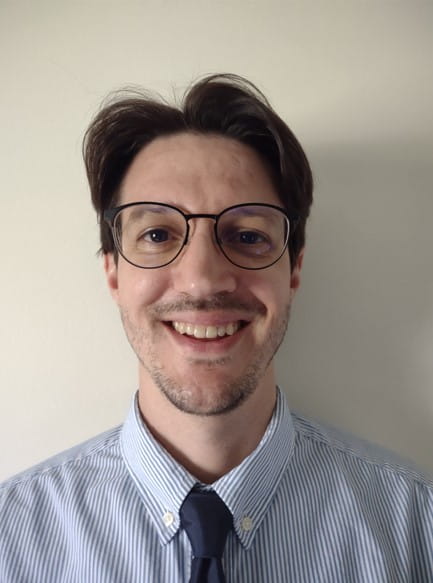
University: Michigan State University
Major: Zoology/Ecology
Division: Water Resources Division, Lansing District Office
What project(s) are you working on? – Industrial Pre-Treatment Program committee project
How will this internship help you? – This internship provides abundant opportunity for networking, which is very important for my professional development. It also is an excellent opportunity to cross-train and assist with field work, all of which provides a wide range of experiences that help me find my best fit within the industry.
Ashton Gibson
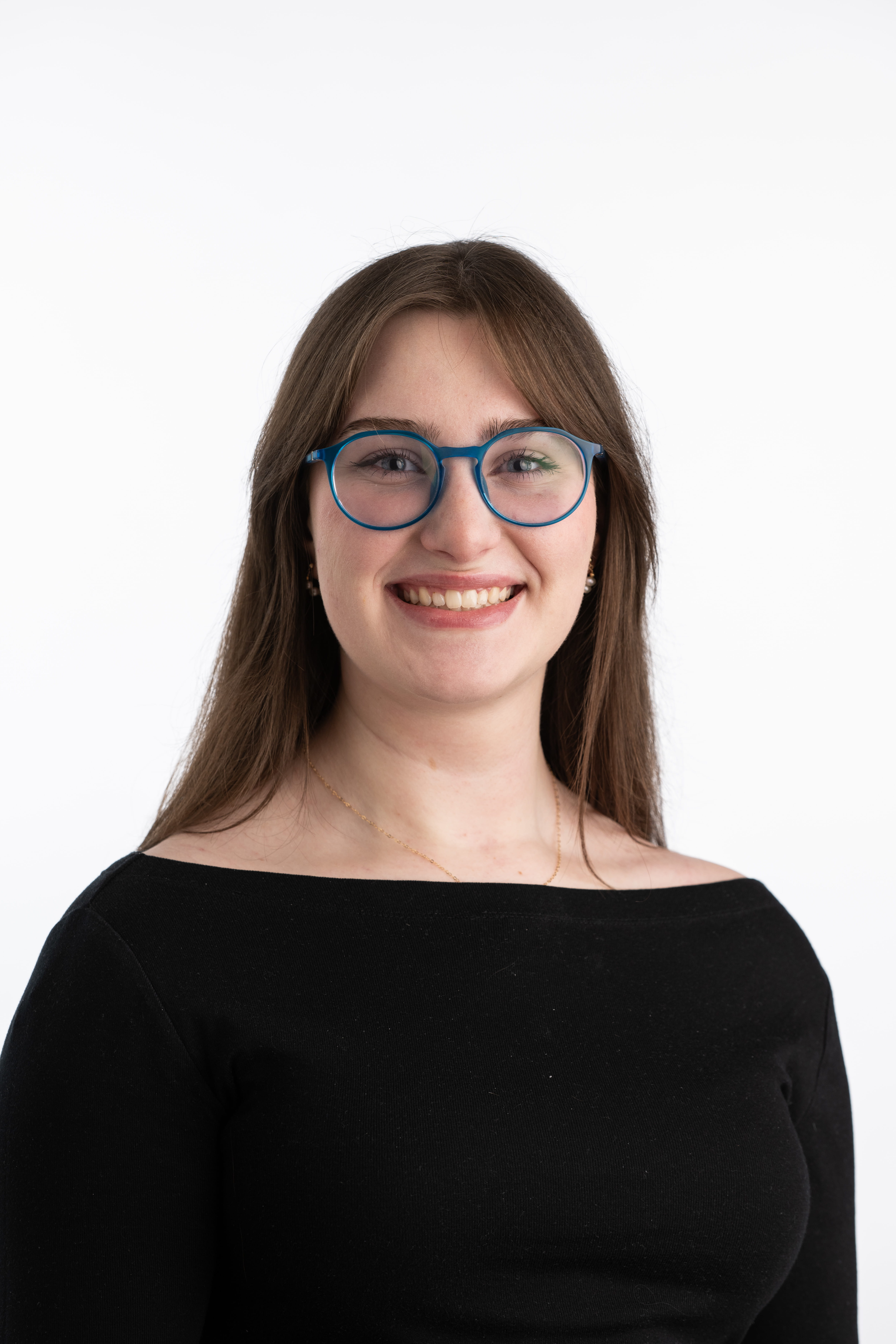
University: University of Michigan
Major: Environmental Science with a concentration in Geographic Information Systems, and a minor in Water and the Environment.
Division: Remediation and Redevelopment Division
Projects: I’ve been working on the dry cleaner triage mapping project, as well as helping to update the Triage Database interface.
How will this internship help you? So far, this internship has been a really great opportunity for me to learn about applications of GIS in environmental remediation, and to build on my skills using ArcGIS Pro and other Esri products to analyze and display data. I am very interested in pursuing a career using GIS in the environmental sector, so it has been very valuable to me to see firsthand what that looks like. It has been so great making connections with EGLE professionals who are also enthusiastic about using GIS to help people and the environment. I am confident that my internship with RRD will help prepare me for my future career, and I’m looking forward to spending the rest of the summer with them!
Samuel Johnson
Division: Air Quality
College: Eastern Michigan University
Leah Kebler
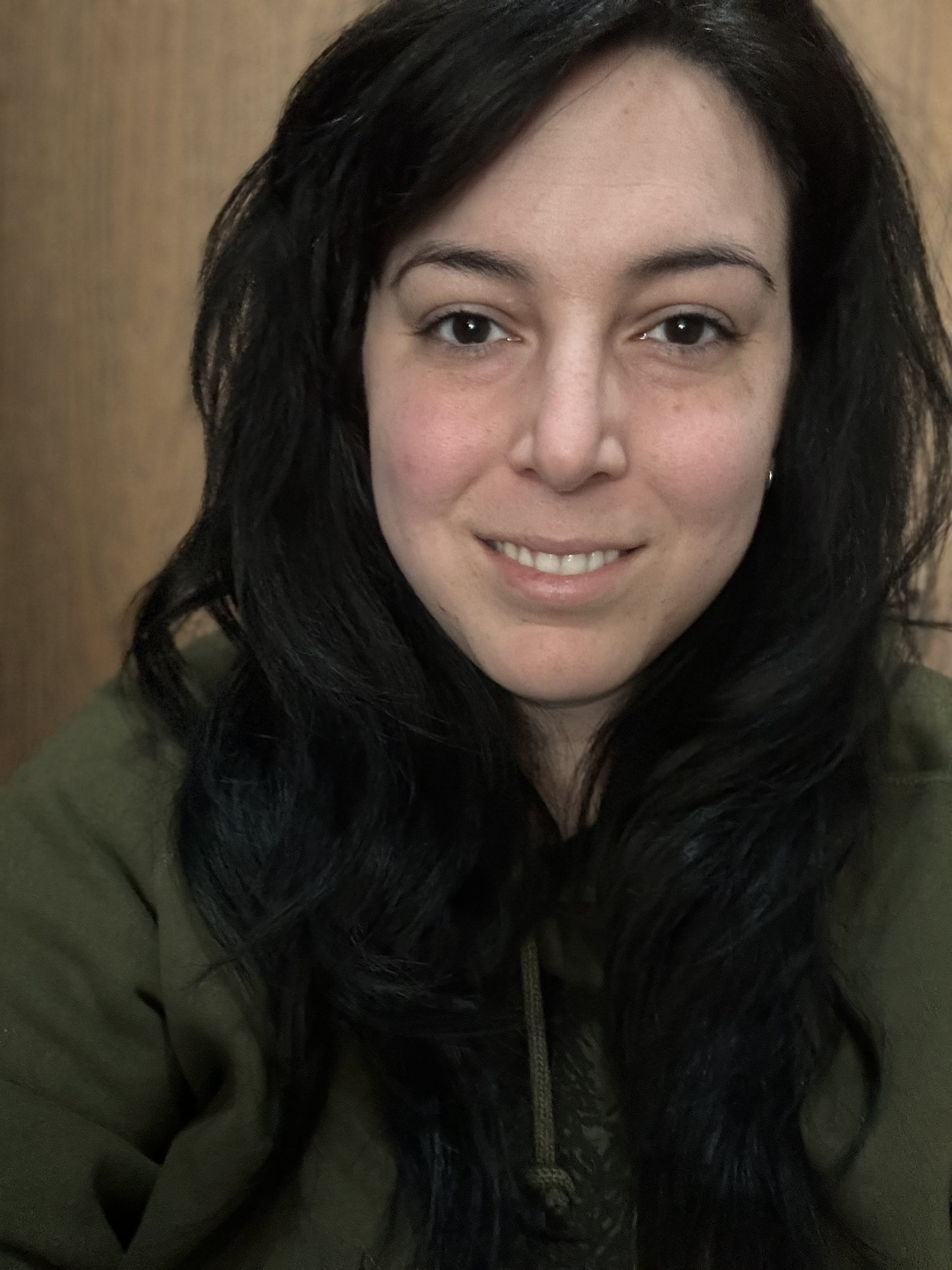
University: Central Michigan University
Major: Environmental Health and Safety, Minors: Sustainability and Environmental Policy, Environmental Science
Division: Drinking Water and Environmental Health Division, Emerging Contaminants Unit
Project(s): The project I am working on is looking at per- and polyfluoroalkyl substances (PFAS) occurrence and impact on shallow water wells and analyzing that data for potential trends or patterns.
How will this internship help you? This internship is helping me get my foot in the door for something I feel passionate about. With this experience, I am able to learn the inner workings of governmental regulations on a state level (and how federal regulations are incorporated in the state), track contaminants and the areas they are in, and feed my curiosity of discovering contaminants and what can be done about them. I hope that upon my graduation next year that I can stay in a field of work that keeps me passionate and continues to spark my curiosities, just as this internship has.
Reegan Kelly
University: Michigan State University
Major: Environmental Engineering
Division: Water Resources Division
Projects: I am currently working with the Concentrated Animal Feeding Operation (CAFO) permitting group within the Water Resource Division to identify the standards for waste storage structure across each midwestern state, in addition to researching the physical and chemical composition of anaerobic digestate, specifically the presence and formation of pollutants.
How will this internship help you? My goal for this internship opportunity is simply to get as much out of it as possible. This includes applying classroom knowledge to practical application in real-world scenarios, to broaden my understanding of my home state and the efforts taken to protect our beautiful environment, develop my skills that allow me to be a better engineer, as well as meet personal who can aid in the professional develop and create friendships. It can be difficult to know exactly what one wants post-graduation; therefore, internships are a delicious sample of career opportunities that allow the use of one’s college major. All employees within the Water Resource Division have offered their kindness and support for the interns, I must thank each one of them for creating such a welcoming environment. I have found a home here at EGLE and I hope to find a forever home here post-graduation.
Gail Lyons
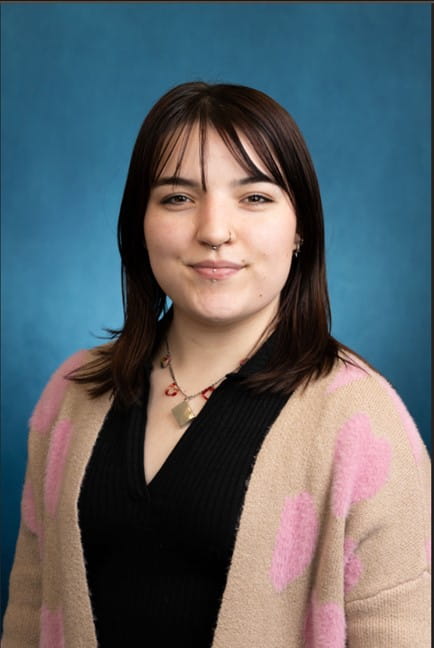
University: University of Michigan
Major: Environmental Science with a specialization in Environmental Justice and Sustainable Development
Division: Drinking Water and Environmental Health Division
Project(s): My project is focused on creating a website on Contaminants of Emerging Concern for the public to access. Our goal is to help the public understand what the various contaminants are, where they are, and what EGLE is doing about them, such as monitoring and testing!
How will this internship help you? This internship is helping me to gain a better understanding of my career interests and the industry. I am building skills, meeting new people, and learning about myself and this field every day.
Adam Shereda
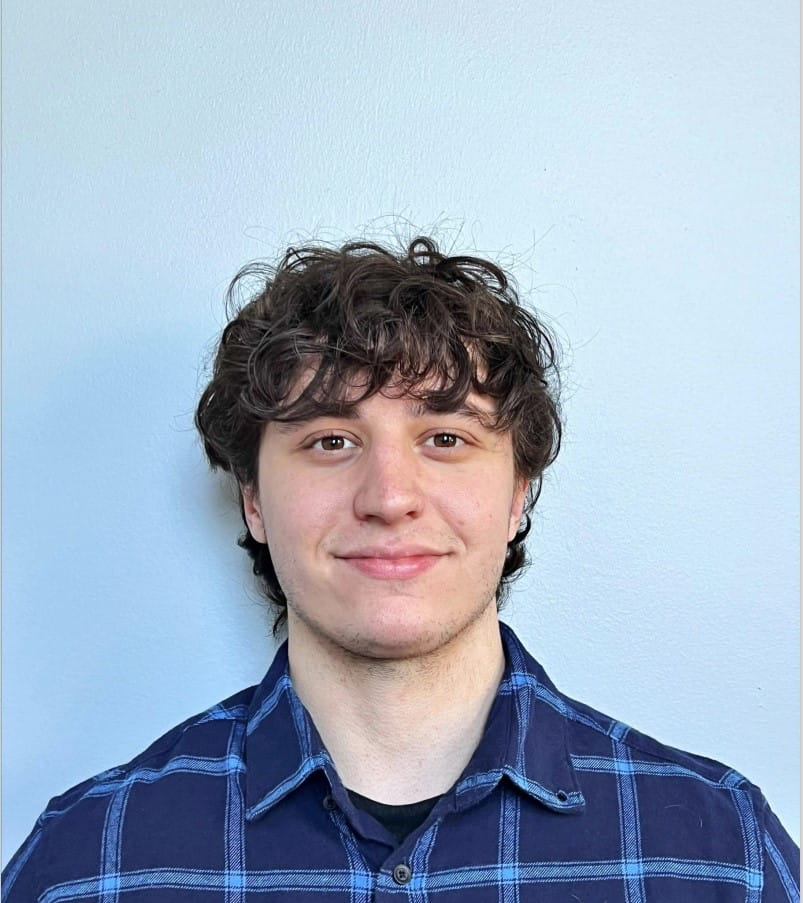
University: Central Michigan University
Major: Environmental Studies with concentrations in GIS, Sustainability, and Environmental Policy
Division: Drinking Water and Environmental Health Division, Emerging Contaminants Unit
Projects: Michigan PFAS Incidence Data Analysis: Creating a map representing current data on PFAS incidences in Michigan, what factors contribute the most to PFAS detections, and where testing is lacking.
How will this internship help you? This internship will help me get started on my career path by introducing me to working within a government agency as well as introducing me to working within the field of the environment, environmental health, and environmental justice.
William Sygrove
University: Grand Valley State University
Major: Environmental Sustainability B.S., Geospatial Technology Minor
Division: Water Resources Division
Projects: Completing Site-Specific Reviews, helping with GIS, stream flow measurements
How will this internship help you? This internship has given me great exposure to many of the aspects of my major and minor. I have learned about watershed management, using GIS, permitting, compliance, and how an entity like EGLE operates. These experiences will be invaluable for all my future work in the field of sustainability and GIS!




